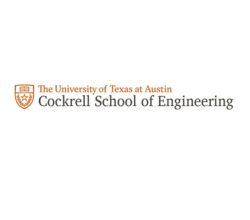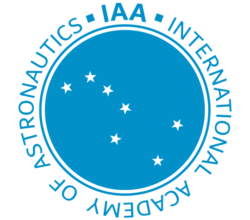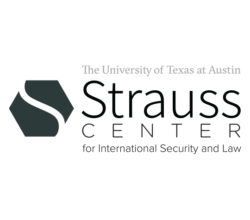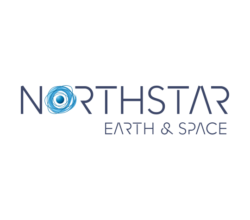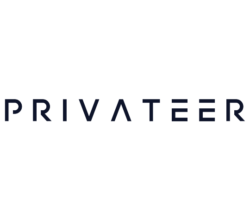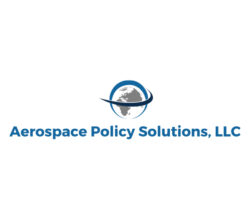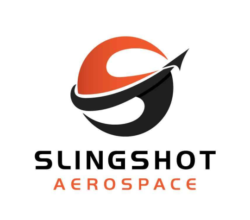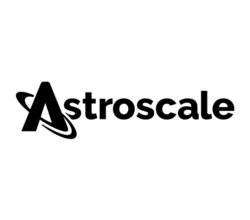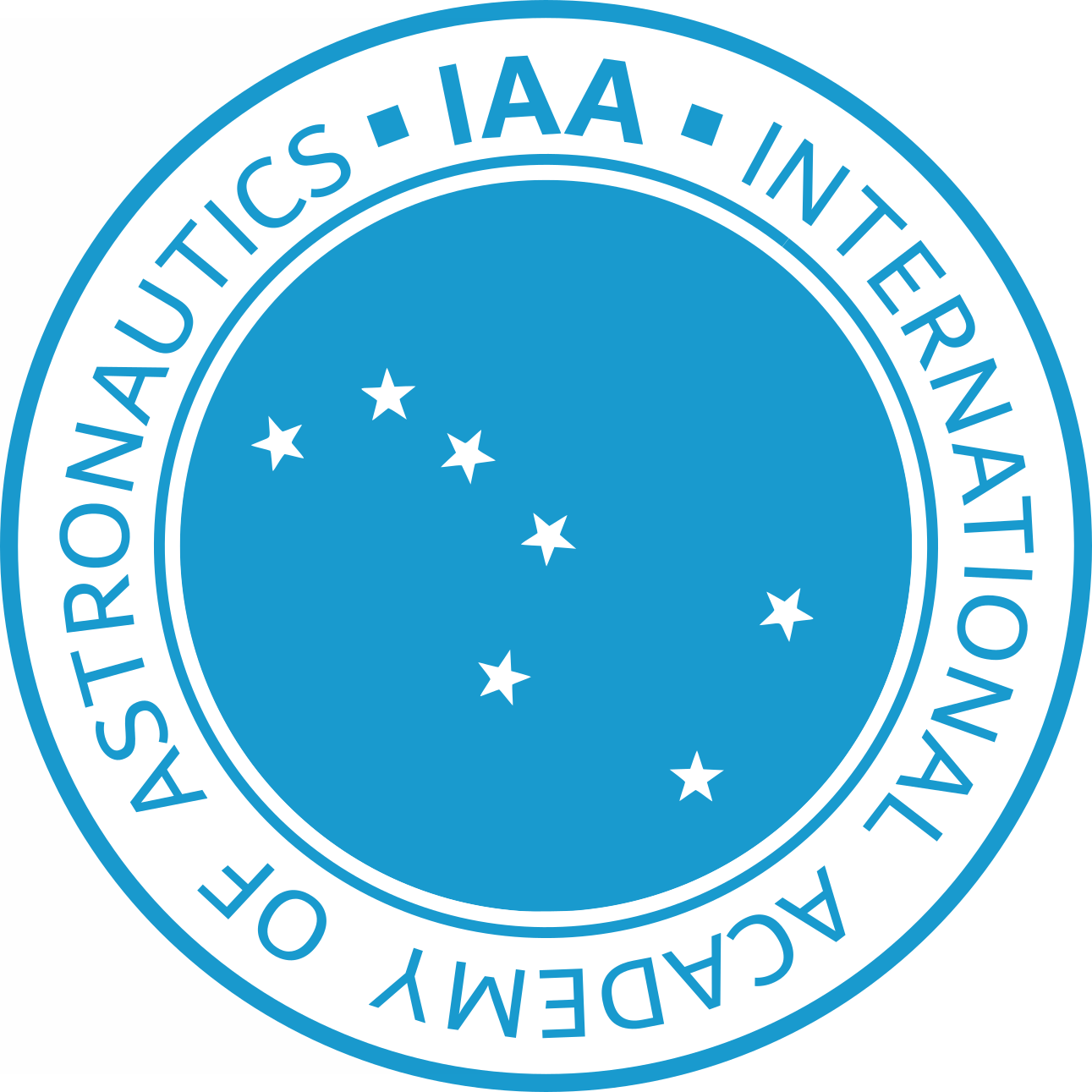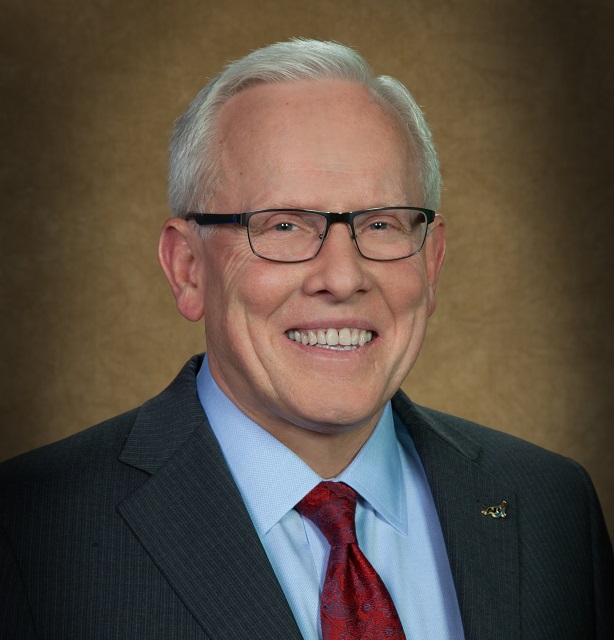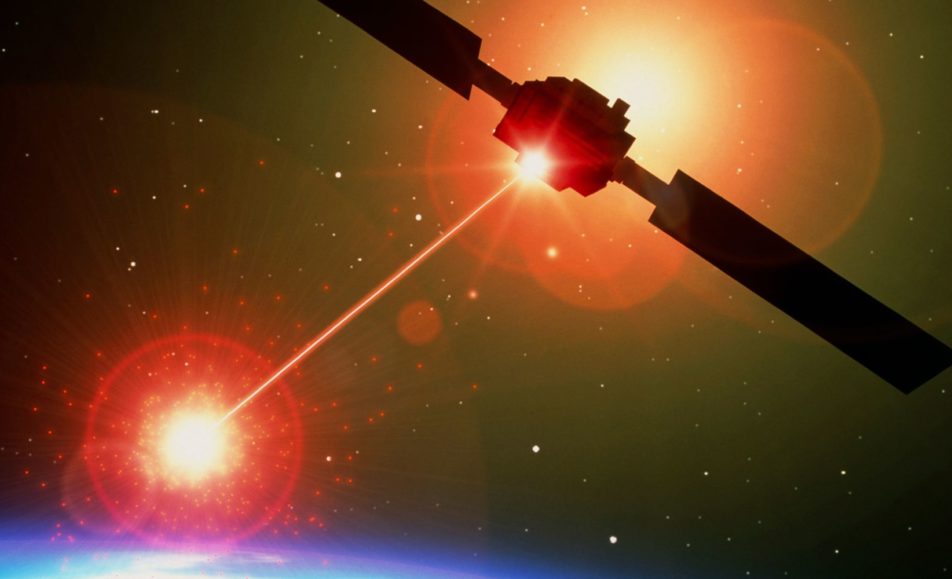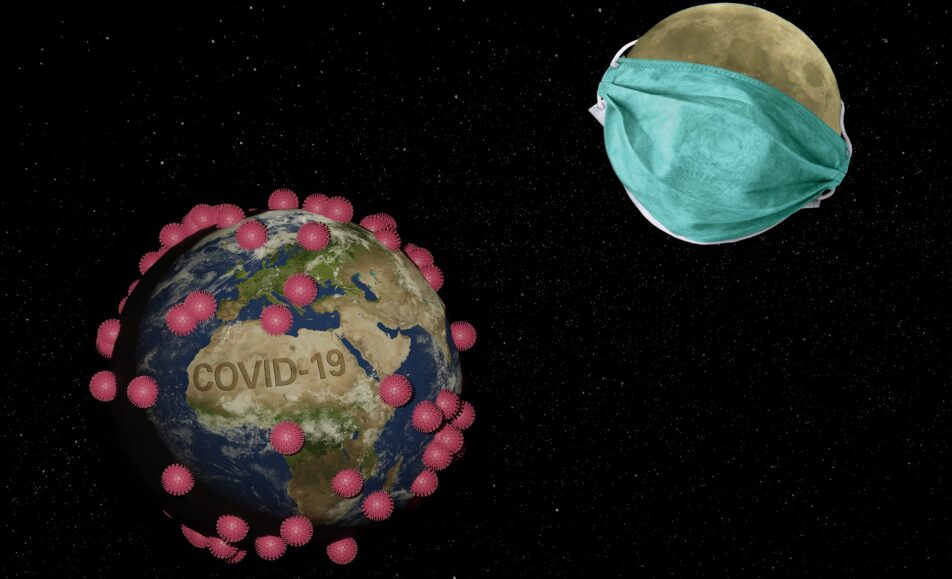The Space Security, Safety, and Sustainability (SSSS) Program at The University of Texas at Austin’s (UT) Strauss Center for International Security and Law and the Cockrell School of Engineering in partnership with the International Academy of Astronautics (IAA), will hold the 9th annual Space Traffic Management conference, “Achieving Space Environmentalism and Sustainability by Creating a Circular Space Economy.” Additional support is provided by NorthStar Earth and Space, Aerospace Policy Solutions, LLC, Slingshot Aerospace, Privateer and Astroscale. The conference will take place on March 01-02, 2023, hosted at The University of Texas at Austin, USA (and livestreamed for viewing only via Zoom webinar).
Experts from all over the world will gather to discuss and exchange on Space Traffic Management. Technical sessions will be devoted to several topics like Circular Space Economy (new), Range Management, Airspace/Orbital Space Integration, Space Safety and Sustainability, Security, Space Environment Effects and Impacts and Related Issues. Papers are solicited, aligned with this year’s theme, in the areas listed below.
Registration is available at:
https://iaaspace.org/product/space-traffic-management-conference-stm-2023/
Preliminary program is available (pdf print version as of February 23, 2023).
Papers are available online here:
https://web.tresorit.com/l/b2cgc#8T1h86yuZ2SdwScwfc_vtA
The Call for Papers is now closed (print version is available here).
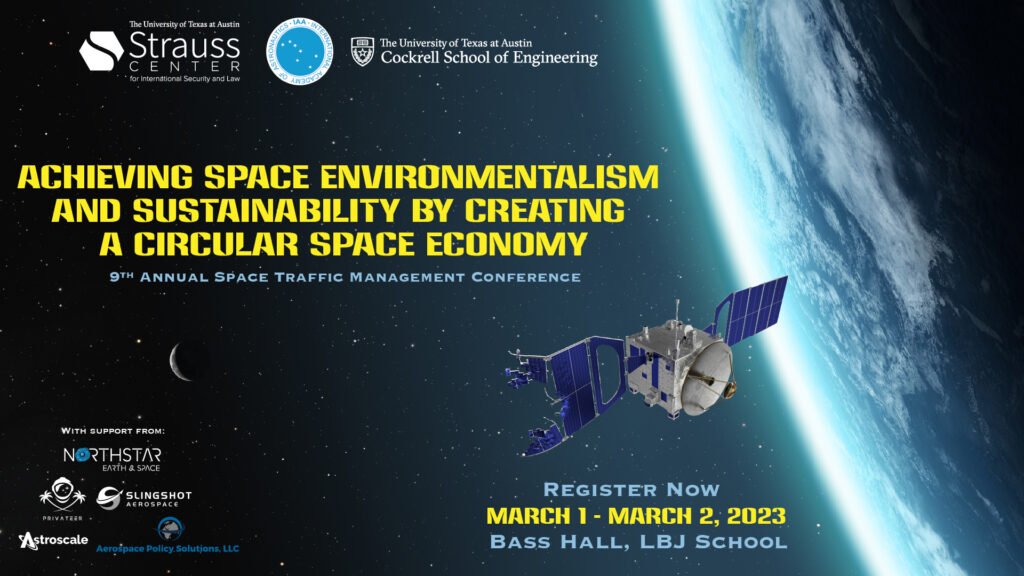
Papers were solicited, aligned with this year’s theme, in the areas listed below:
Circular Space Economy
Extended Producer Responsibility
Producer Responsibility Organizations (i.e. Active Debris Removal)
Reusable and Recyclable Satellites and Rockets
Responsible Methods of Anthropogenic Space Object Disposal
Space Sustainability Rating and incentivizing space pollution prevention
Developing Space Salvage practices, guidelines, and laws
Range Management
Commercial, Civil, and Military Range Safety Continuity
Security issues including cyber
Range Technology Modernization
Airspace/Orbital Space Integration
High Altitude Balloon impact upon the Airspace
Impacts of Microsatellites upon the Airspace
Integration of Air Traffic and Space Traffic Control Systems
Communication Standards for Space Traffic
Space Safety and Sustainability
Anthropogenic Space Object Taxonomy and Classification to Aid Regulation and Space Traffic Management
Space debris remediation, mitigation, and SSA technologies
Unique Anthropogenic Space Object Identification and how to achieve it
Space Object and Event Data Curation, Sharing, and Exploitation
Multi-Source Information Fusion, Artificial Intelligence, and Machine/Deep Learning
Spacecraft Anomalies, Mission Assurance, and Causal Relationships
Impacts upon spectrum management and Radio Frequency Interference (RFI)
Monitoring Space Object and Event Behaviors (including assessing compliance)
Decision-making with incomplete and biased information
International initiatives
Security
UN Prevention of an Arms Race in Outer Space (PAROS) and the Conference on Disarmament
Military Uses of Outer Space
Dual-Use and Multi-Use Technology Challenges
Commercialisation of military space services
Defining “attack” or “use of force” in space
Counterspace capabilities
Verification in space
Anti-satellite testing and demonstrations
Electronic warfare in space
Cyber and space security challenges
Dedicated military space agencies (space force, space corps)
International initiatives
National space defence policies
International humanitarian law in space
Space Environment Effects and Impacts
Resultant Anthropogenic Space Object Behavior and Discovering These from Big Data
Launch and Space Flight Meteorology
Space Weather forecasting
Related Issues
Role of human factors in STM
Industry’s role
Industry requirements
International initiatives and concerns
Standards inflection points and development
PAPER SUBMITTAL:
Only for authors with an accepted abstract,
Please submit your paper online at:
https://web.tresorit.com/r#ddCgFIhs0gdZ5-EK-ZjVfg
ABSTRACT SUBMITTAL:
Abstracts between 250-500 words are invited to apply and must include the precise title of the paper, the topic area of interest, the author’s full name and affiliation, and complete contact information including an email address. The language of the conference is English. Technical paper abstracts in the areas described above or related to Space Traffic Management were accepted electronically through the conference email iaastm@iaamail.org beginning September 26, 2022. Please be sure to designate the topic area your paper addresses (see topics listed above), and whether you will attend in person (preference will be given to those attending live). The deadline for receipt of abstracts was December 16, 2022. The abstract template is available here.
FINALIST REQUIREMENTS:
For those whose abstracts are selected, there will be two types of live presentations: (a) sessions and (b) panels:
Session presenters should be be available to do the following:
(1) Submit a draft paper by the below deadline
(2) Pre-record a max 15-minute video on their paper which will be due before the conference
(3) Be available for a live Q&A panel one of the days of the conference (45-minute max) [note that if you cannot attend in person, we will be unable to have you join the conference for your session live and will refer attendees to your video on our websites] and
(4) Finalize papers as applicable.
Panelists will need to:
(1) Submit a max 700-word op-ed on the topic of their panel due before the conference, and
(2) Be available for a live Q&A panel one of the days of the conference (45-minutes) [note that if you cannot attend in person, we will be unable to have you join the conference for your session live but you will be able to submit a 15-minute max video on our websites].
VENUE:
This year’s conference (in person and livestreaming for viewing only) will be held at The University of Texas at Austin TX, USA and virtually via a Zoom webinar. Please note that you must use the Zoom account with the email address you registered with on the IAA website to be able to log in to this webinar.
The University of Texas at Austin TX
Bass Lecture Hall, LBJ School
2315 Red River St, Austin, TX 78712, United States
Garage parking is available for a fee at the Manor Garage and the San Jacinto Garage. Parking will not be validated.
KEY DATES:
September 26, 2022: Call for Papers
December 16, 2022: Abstract submission deadline
January 9, 2023: Registration opens
January 16, 2023: Final abstracts selected and invitations extended
February 1, 2023: Preliminary program available
February 20, 2023: Draft papers and 15-minute videos due and published to IAA’s website
March 1 – March 2, 2023: Conference
CONTACT:
For more detailed information, please contact Ali Prince at ali.prince@austin.utexas.edu
.
Preliminary program is now available (pdf print version) as of Feb. 23, 2023.
Papers are available online here:
https://web.tresorit.com/l/b2cgc#8T1h86yuZ2SdwScwfc_vtA
2023 Annual Space Traffic Management Conference - Final Agenda
Mariella Graziano
Moriba Jah
Corinne Jorgenson
Charlie McGillis
Rosa Maria Ramirez de Arellano
Ruth Stilwell
Danielle Wood
under construction
